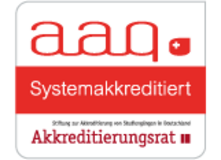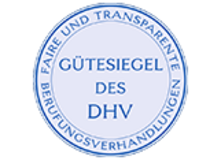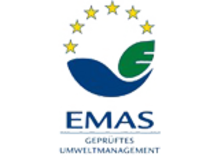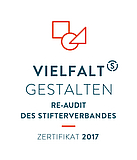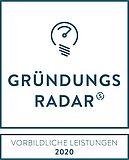Ms Weißköppel, what is the status of how Bremen’s colonial history is being revisited?
Due to its history as a port and trade town, Bremen has a special connection to the former German South West Africa, which is now Namibia. Despite the circumstance that Windhoek, the capital of Namibia, has been a twin town for several years, there is a lack of an overarching remembrance concept in our city-state. The following questions are of particular relevance for this: What exact link was there between colonialism in Namibia and tradesmen and companies, institutes and involved persons in Bremen? Which buildings, institutes, town infrastructures or names given in the cityscape point to the colonial times that were of great importance for Bremen’s success as a port and trade center? How can the connections be made more visible and be critically revisited for the public? Additionally, what efforts to make amends and for reconciliation have been made after the end of German colonization in 1915 and since 1990, the year that Namibia gained independence?
In your opinion, what needs to be addressed more actively?
The development of the entire social and cultural history research field concerning the history of the Bremen and German interconnections is necessary. The continuities should be taken into consideration: The developments after the First World War, from anti-colonialist movements to glorification of colonialism, which, for example, gained strength once more during the time of National Socialism. The entanglement of colonial people and the colonial worldview with National Socialist ideologies such as racial theory, genetic-health theory and antisemitism need to be reconstructed in detail and be made transparent. The already initiated origin research regarding the ethnographic collection in the Überseemuseum (Übersee Museum) should be intensified and the results should be continually discussed in the public forum.
Failures in the decolonization of people, institutions and street names to date should become part of a remembrance policy. This policy should not exhaust itself with renaming and symbolic gestures but should be integrated within vast educational work on colonialism in Bremen. The Department of Anthropology and Cultural Research at the University of Bremen can contribute towards a scientific basis being created for this.
What could a postcolonial remembrance concept for Bremen specifically be?
The concept of a citywide “remembrance park”, which connects different historic sites, is thinkable. Still existing traces, such as the mosaic inside the main train station, which depicts the tobacco trade in Bremen – one of the first attractive “colonial commodities” with which Bremen companies became rich – needs to be commented for the interested public and be contextualized. For example, why is one of the main shopping centers in Bremen city center – also uncommented – still called “Lloyd-Passage”? The success of North German Lloyd was indeed built on the exploitation of the colonies.
How can the commemoration of the genocide in Namibia be strengthened?
On August 11, 2019, the colonially motivated genocide of Nama and Herero in former German South West Africa, which was carried out under German colonial rule, will be especially commemorated. Many Bremen inhabitants are still unaware of the memorial in the so-called Nelson Mandela Park, which is directly next to the Bremen “Elephant”, the anti-colonial monument. It should also be advertised far more as a central place of Bremen’s decolonization work within the frame of the touristic city marketing. One part of this is better signposting in the immediate area between the train station, Bürgerweide and Bürgerpark. Regular offers from professional tour guides would also be desirable.
Moreover, there is a need for continued care and better protection against damage and neglect; the information plaques stating the entire history and transformation of the remembrance park around the Bremen “Elephant” must be comprehensively extended, updated and translated into English. It is important to involve experts from Namibia, especially representatives of the victim’s descendants, in the conceptualization. The associations and initiatives active with regard to the Bremen “Elephant” should receive more public recognition for their work and be supported with suitable resources by the Bremen Senate.
Further information:
www.uni-bremen.de/kultur/personen/wissenschaftliche-mitarbeiterinnen/cordula-weisskoeppel/ (in German only)
Contact:
PD Dr. Cordula Weißköppel
Department of Anthropology and Cultural Research
Faculty of Cultural Sciences
University of Bremen
Phone: +49 421 218-67630
Email: cweisskoeppelprotect me ?!uni-bremenprotect me ?!.de



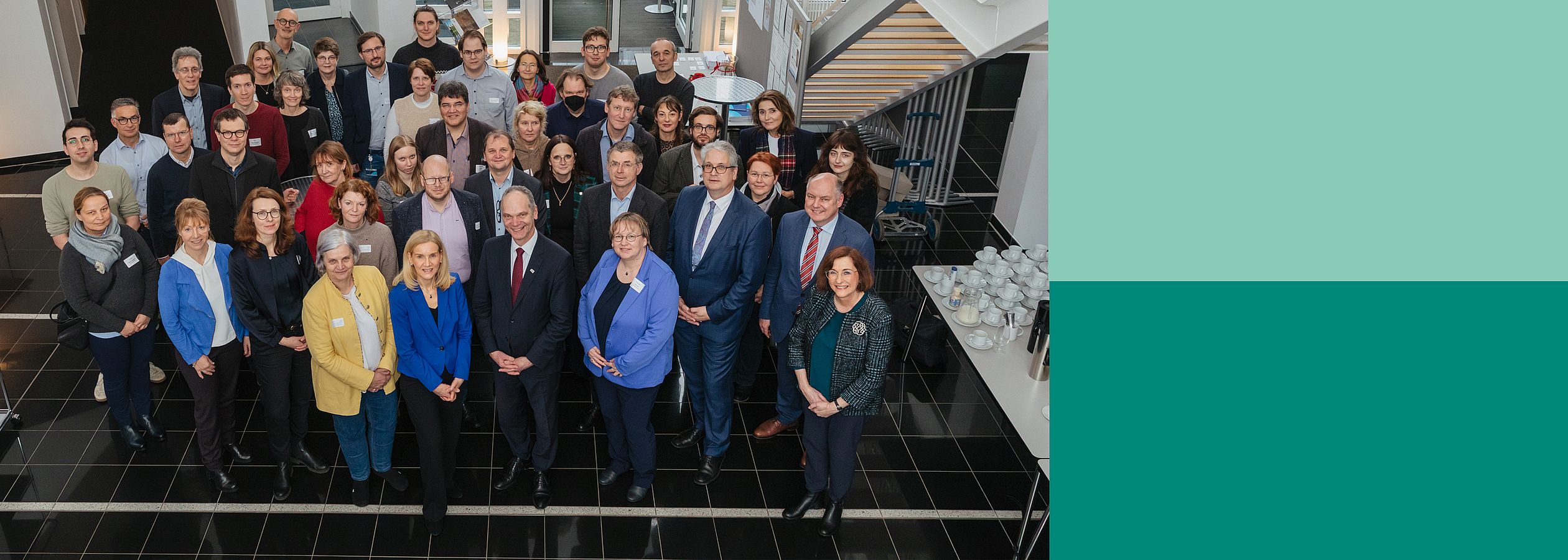








![[Translate to English:] KennenSieSchon_Restaurierwerkstatt_Clebowski A gloved hand runs a brush through the crease of a book.](/fileadmin/_processed_/2/e/csm__DSC5415_Felix-Clebowski_web_1__b5ee94ffc5.jpg)
